Beginner's Guide to Real Estate Investment in the Dominican Republic

The Dominican Republic, known for its beautiful beaches and vibrant culture, is also becoming a hotspot for real estate investment. This guide aims to provide beginners with a comprehensive understanding of the real estate investment landscape in the Dominican Republic, covering market insights, legal frameworks, investment opportunities, financial considerations, and the overall experience of living and investing in this Caribbean nation.
Key Takeaways
-
The Dominican real estate market is influenced by factors such as tourism, foreign investment, and local economic conditions.
-
A variety of properties are available, including beachfront villas, condos, and commercial real estate, catering to different investment strategies.
-
Understanding the legal process, including property laws and taxes, is crucial for a secure investment in the Dominican Republic.
-
Financial considerations for investors include financing options, ROI calculations, and cost management for profitability.
-
Building a local support network and adapting to the cultural and lifestyle factors are essential for a successful investment experience.
Understanding the Dominican Real Estate Market
Key Factors Influencing the Market
When considering real estate investment in the Dominican Republic, it's essential to understand the key factors that shape the market. Economic stability plays a pivotal role, influencing property values and investor confidence. Additionally, tourism trends significantly impact the demand for vacation rentals and residential properties, given the country's status as a popular Caribbean destination.
-
Tourism: A thriving tourism industry boosts demand for short-term rentals and resort properties.
-
Local Economy: Economic growth and stability can lead to increased investment and development.
-
Foreign Investment: Policies and incentives for foreign investors can attract more capital into the market.
-
Infrastructure Development: Improvements in transportation and utilities can enhance property values.
The interplay between these factors can create a dynamic and potentially lucrative investment landscape. It's crucial for investors to monitor these trends and understand how they contribute to the overall health of the real estate market.
Understanding the legal and regulatory environment is also vital, as it can affect transaction processes and ownership rights. By keeping a close eye on these elements, investors can make informed decisions and identify opportunities that align with their investment goals.
Types of Properties Available
The Dominican Republic offers a diverse array of property types to suit various investment strategies and personal preferences. From beachfront villas to urban apartments, the options are plentiful and cater to a wide range of budgets. Here's a snapshot of the types of properties you can expect to find:
-
Residential Properties: Including standalone homes, condominiums, and luxury villas, often located in gated communities with amenities such as pools and security.
-
Commercial Real Estate: Ranging from retail spaces to office buildings, ideal for investors looking to tap into the Dominican Republic's growing economy.
-
Tourism-Driven Properties: Such as hotels, resorts, and vacation rentals, capitalizing on the Dominican Republic's robust tourism industry.
-
Land: Offering opportunities for development or long-term investment, with beachfront lots being particularly sought after.
The key to a successful investment is understanding the local market dynamics and identifying the type of property that aligns with your investment goals.
Each property type comes with its own set of considerations, from potential rental yields to maintenance costs. Investors should conduct thorough research or consult with local real estate experts to navigate the market effectively. Whether you're looking for a vacation home that doubles as a rental property or a commercial space to start a business, the Dominican Republic's real estate market has something to offer.
Current Market Trends
The Dominican Republic's real estate market is experiencing a dynamic shift, with a surge in demand for both residential and commercial properties. Investors are particularly interested in beachfront and tourism-related real estate, capitalizing on the country's growing popularity as a travel destination. The market is also seeing an uptick in luxury property sales, as affluent buyers seek out exclusive villas and apartments with high-end amenities.
-
Residential Market: Increased interest in gated communities and condominiums.
-
Commercial Sector: Revival in office space demand, particularly in Santo Domingo.
-
Tourism & Hospitality: Expansion of vacation rentals and eco-lodges.
The key to success in this evolving market is to stay informed about the latest developments and to understand how these trends can impact investment decisions.
Foreign investors are encouraged by the stable political climate and the government's incentives for investment, such as tax exemptions and simplified purchase processes. However, it's crucial to navigate these waters with a clear strategy and an eye for long-term growth potential. Diversification across different property types and regions can mitigate risks and maximize returns in this vibrant market.
Legal Framework for Property Investment
Navigating the Purchase Process
Navigating the purchase process in the Dominican Republic's real estate market requires a clear understanding of the steps involved. The key to a smooth transaction is preparation and attention to detail. Here's a simplified guide to help you through the journey:
-
Step 1: Engage a reputable real estate agent with a strong track record in the Dominican market.
-
Step 2: Identify your property of interest and conduct a preliminary assessment.
-
Step 3: Secure a local attorney experienced in Dominican real estate law.
-
Step 4: Perform due diligence, including a title search and property inspection.
-
Step 5: Negotiate the terms and conditions of the sale.
-
Step 6: Sign a binding purchase agreement, often accompanied by a deposit.
-
Step 7: Finalize the financing, if applicable.
-
Step 8: Close the transaction and register the property in your name.
Remember, each property and transaction is unique, and challenges may arise. It's essential to have a team of professionals who can navigate the complexities of the Dominican real estate market and ensure your interests are protected throughout the process.
Understanding Property Laws and Taxes
Navigating the property laws and taxes in the Dominican Republic is a critical step for any investor. Understanding the nuances of local regulations can save you from costly mistakes and legal complications. For instance, property transfer taxes and annual property taxes are two key expenses that investors must account for. Here's a brief overview of what to expect:
-
Property Transfer Tax: A one-time tax levied at the time of purchase, typically around 3% of the property value.
-
Annual Property Tax (IPI): For properties valued over a certain threshold, an annual tax of 1% is applicable on the excess value.
It's important to note that tax exemptions may apply, such as for properties under a certain value or those owned by individuals over 65 years old who have only one property in the country.
Additionally, investors should be aware of the potential for capital gains tax upon the sale of the property. Working with a local tax expert can help you navigate these waters and potentially identify tax planning opportunities to optimize your investment.
Protecting Your Investment: Due Diligence and Title Insurance
When investing in the Dominican Republic's real estate market, safeguarding your assets is paramount. Conducting thorough due diligence is the first line of defense against potential legal and financial pitfalls. This process involves verifying the property's legal status, ensuring there are no outstanding liens or encumbrances, and confirming that the seller has the legal right to transfer ownership.
To further protect your investment, consider obtaining title insurance. This insurance policy provides coverage against losses due to title defects that were not discovered during the initial property search. Here's a quick overview of the steps involved in due diligence and securing title insurance:
-
Review the property's title history and check for any irregularities.
-
Inspect the property in person to assess its condition and value.
-
Verify zoning laws and land use regulations to ensure compliance.
-
Obtain a property survey to confirm boundaries and easements.
-
Secure title insurance to safeguard against unforeseen title issues.
Remember, the peace of mind that comes with due diligence and title insurance is invaluable. It allows you to invest with confidence, knowing that your interests are protected from unforeseen legal challenges.
While the process may seem daunting, the rewards of a secure investment are worth the effort. Engage with local legal experts who specialize in real estate transactions to navigate this process smoothly. Their knowledge of the local market and legal intricacies can be the difference between a successful investment and a cautionary tale.
Investment Opportunities and Strategies

Residential vs. Commercial Real Estate
When venturing into the Dominican real estate market, investors face a pivotal decision: whether to invest in residential or commercial properties. Each type of investment carries its own set of risks, rewards, and strategies, and understanding these differences is crucial for success.
Residential real estate typically involves purchasing properties for leasing or selling to individuals or families. It's often seen as more accessible due to lower entry costs and the familiarity of the housing market. On the other hand, commercial real estate—encompassing retail spaces, offices, and industrial properties—usually requires a larger initial investment and a deeper understanding of business tenants' needs.
Here's a quick comparison to guide you:
-
Residential Real Estate: Often lower cost, emotional buyer appeal, shorter lease terms.
-
Commercial Real Estate: Higher investment threshold, business-oriented tenants, longer lease terms.
Investors should consider their financial capacity, market knowledge, and investment goals when choosing between residential and commercial real estate. While residential properties can provide a steady income and potential for capital appreciation, commercial properties offer the allure of long-term leases and the possibility of significant returns.
Ultimately, the choice between residential and commercial real estate in the Dominican Republic hinges on your investment strategy and risk tolerance. It's advisable to consult with local experts who understand the nuances of the market and can provide tailored advice for your investment journey.
Vacation Rentals and Tourism-Driven Investments
The allure of the Dominican Republic as a tourist destination has made vacation rentals a lucrative investment opportunity. Investors are capitalizing on the country's vibrant tourism industry by offering a variety of rental options, from beachfront villas to urban apartments catering to short-term visitors. The key to success in this market is understanding the unique demands of the tourism sector and aligning your offerings accordingly.
-
Location is paramount: Proximity to beaches, cultural attractions, and amenities can significantly impact rental demand.
-
Quality and services: High standards of accommodation and additional services such as cleaning and concierge can command premium rates.
-
Marketing strategy: Effective online presence and partnerships with travel agencies can drive higher occupancy rates.
The burgeoning real estate market in areas like Sosua not only allows for crafting a personal haven but also for thriving in the tourism and development sector.
Investors should also be mindful of the seasonality of tourism and plan for fluctuations in rental income. Establishing a network of local experts, including property managers and legal advisors, can help navigate the complexities of the market and ensure a steady return on investment.
Long-Term Growth Areas and Emerging Markets
Identifying long-term growth areas and emerging markets in the Dominican Republic is crucial for investors seeking sustainable returns. Demographic shifts, infrastructure development, and tourism trends are key indicators of potential growth. For instance, areas with increasing population density and improved transportation links often signal a ripe environment for real estate investment.
-
Punta Cana: Known for its beaches and resorts, it's expanding with new residential and commercial developments.
-
Santo Domingo: The capital city continues to grow, with demand for both residential and commercial spaces.
-
Puerto Plata: With its historical significance and ongoing revitalization projects, it's becoming a hotspot for investors.
When considering these markets, it's essential to analyze local economic drivers and long-term government plans. Investments aligned with these factors are more likely to appreciate over time.
Diversification across different property types and locations can mitigate risks and capitalize on various growth stages within the market. Engaging with local experts who understand the nuances of each area can provide invaluable insights, ensuring informed decision-making for long-term success.
Financial Considerations for Investors
Financing Options for Foreign Investors
Navigating the financial landscape of real estate investment in the Dominican Republic can be a complex endeavor for foreign investors. However, understanding the available financing options can make the process smoother and more accessible. Foreign investors typically have access to a range of financing solutions, including local bank mortgages, developer financing, and international loans.
-
Local Bank Mortgages: Foreigners can apply for mortgages with Dominican banks, but they often require a higher down payment and come with higher interest rates compared to loans for residents.
-
Developer Financing: Some property developers offer financing options directly to buyers. These can be more flexible and may not require as stringent credit checks as banks.
-
International Loans: Investors may also seek financing from international lenders or banks in their home country that have operations in the Dominican Republic.
It's crucial for investors to compare these options and consider factors such as interest rates, loan terms, and eligibility requirements. Engaging with a local financial advisor or real estate expert can provide valuable insights into the most suitable financing path.
When considering financing options, it's important to factor in the potential for currency exchange fluctuations, which can affect the total cost of your investment over time.
Ultimately, the choice of financing should align with the investor's financial strategy and investment goals. By doing thorough research and possibly consulting with financial experts, foreign investors can secure the financing that best fits their needs and paves the way for a successful real estate venture in the Dominican Republic.
Calculating Return on Investment
Calculating the return on investment (ROI) is a critical step for any real estate investor, especially in the dynamic market of the Dominican Republic. ROI measures the efficiency of an investment, comparing the magnitude and timing of gains to the cost. To simplify this process, consider the following steps:
-
Determine the total cost of the investment, including purchase price, closing costs, and renovation expenses.
-
Calculate the annual income the property will generate, factoring in rental income and any other revenue streams.
-
Subtract annual operating expenses, such as maintenance, property management, and taxes, from the annual income to obtain the net operating income (NOI).
-
Divide the NOI by the total investment cost to get the ROI percentage.
Here's a basic example in table format:
|
Investment Cost |
Annual Income |
Operating Expenses |
Net Operating Income |
ROI (%) |
|---|---|---|---|---|
|
$200,000 |
$30,000 |
$10,000 |
$20,000 |
10% |
Remember, a positive ROI indicates a profitable investment, but it's essential to compare it to other investment opportunities and market benchmarks to assess its true value.
While the above provides a snapshot, investors should also consider the potential for property appreciation, changes in rental demand, and economic factors specific to the Dominican Republic. A thorough analysis will help you make informed decisions and identify investments that align with your financial goals.
Managing Costs and Maximizing Profits
In the dynamic landscape of Dominican real estate investment, managing costs and maximizing profits are pivotal to success. Investors must approach each potential cost as an investment in their property's future value and income potential. Here are some practical steps to keep your investments thriving:
-
Regular Maintenance: Prevent costly repairs by addressing issues promptly.
-
Strategic Upgrades: Invest in improvements that increase rental appeal and property value.
-
Efficient Operations: Streamline property management to reduce unnecessary expenses.
-
Tax Optimization: Work with a local expert to navigate tax laws and maximize deductions.
By staying vigilant and proactive, investors can capitalize on market downturns, seizing opportunities to enhance their portfolio.
Additionally, understanding the distinction between necessary expenditures and those that offer little return is crucial. An aggressive 'sunshine' approach may pursue higher returns but comes with increased risk. Balancing risk and reward, while keeping a close eye on market trends, will guide investors towards profitable decisions.
Living and Investing in the Dominican Republic
The Expat Experience: Insights and Challenges
Embarking on a real estate investment journey in the Dominican Republic as an expat presents a unique set of insights and challenges. Navigating the local market nuances requires a deep understanding of cultural practices and economic conditions that influence property transactions. Expats often find themselves grappling with language barriers, legal complexities, and adapting to new business etiquette.
-
Language Barriers: Communication is key in real estate dealings, and not being fluent in Spanish can lead to misunderstandings.
-
Legal Complexities: Understanding the Dominican legal system is crucial, as it differs significantly from many expats' home countries.
-
Cultural Adaptation: Successful integration into the local community can greatly impact investment success.
It's essential for expats to build a network of trusted local experts, including real estate agents, lawyers, and financial advisors, who can provide valuable guidance and support throughout the investment process.
Moreover, expats must be vigilant about due diligence to avoid potential pitfalls. This includes verifying property titles, understanding zoning regulations, and being aware of any restrictions on foreign ownership. The rewards of real estate investment in the Dominican Republic can be substantial, but they come with the responsibility of thorough preparation and continuous learning.
Cultural and Lifestyle Factors to Consider
Embracing the vibrant culture and lifestyle of the Dominican Republic is as crucial as understanding its real estate market. Investors should immerse themselves in the local community to truly appreciate the nuances that could influence their investment decisions. The Dominican Republic offers a rich tapestry of cultural experiences, from its lively music and dance to its exquisite cuisine and festive traditions.
-
Language: Spanish is the official language, and while English is widely spoken in tourist areas, learning Spanish can greatly enhance your experience.
-
Community: Building relationships with locals can provide insights into the best investment opportunities and areas to avoid.
-
Climate: The tropical climate is a draw for many but consider the impact of weather on property maintenance and rental appeal.
The decision to invest in the Dominican Republic should go beyond the numbers; it should resonate with your personal lifestyle preferences and long-term goals.
Understanding these cultural and lifestyle factors is not just about comfort; it's about making informed decisions that align with the rhythm of the island. Whether it's the laid-back beach life or the bustling city vibe, finding your niche will contribute to a more fulfilling investment journey.
Building a Support Network: Local Experts and Communities
Investing in the Dominican Republic's real estate market can be a rewarding venture, but it's crucial to have a robust support network to navigate the complexities of local regulations, cultural nuances, and market dynamics. Building relationships with local experts and communities is not just beneficial; it's essential for success.
-
Local Real Estate Agents: They provide invaluable insights into the market, help identify investment opportunities, and assist with negotiations and transactions.
-
Legal Advisors: Specialized in property laws, they ensure compliance and protect your interests.
-
Tax Consultants: Understanding the tax implications of your investment can save you from future headaches.
-
Expat Communities: Connect with fellow investors and expats who can share their experiences and advice.
-
Local Business Networks: Engage with local businesses and service providers who can support your investment, from construction to property management.
The key to a successful investment is not just understanding the market, but also embedding yourself within the local fabric. This means actively participating in community events, networking with professionals, and respecting local customs and practices.
Remember, real estate investment is as much about the property as it is about the people and the relationships you build. A strong local network can provide a wealth of knowledge, facilitate smoother transactions, and ultimately contribute to the long-term success of your investment.
Conclusion
Investing in real estate in the Dominican Republic offers a unique opportunity for beginners to enter a market brimming with potential. With its stunning landscapes, growing tourism, and strategic locations like Sosua and Cabarete, the country presents a variety of investment options, from serene residential properties to lucrative tourist accommodations. As you embark on this journey, remember to conduct thorough research, understand the legalities, and consider working with reputable agencies to navigate the market effectively. Whether you're looking to create a personal sanctuary or capitalize on the burgeoning tourism sector, the Dominican Republic's real estate landscape is ripe with possibilities for savvy investors. Embrace the adventure, and you may find that investing in this tropical paradise is not just a financial decision, but a lifestyle choice that offers both tranquility and excitement.
Frequently Asked Questions
What are the key factors influencing the real estate market in the Dominican Republic?
The Dominican real estate market is influenced by factors such as tourism, foreign investment, local economic stability, and government policies promoting property investment. Additionally, the demand for vacation rentals and the growth of expat communities play significant roles.
What types of properties are available for investment in the Dominican Republic?
Investors can find a variety of properties including beachfront villas, luxury condos, residential apartments, commercial real estate, and undeveloped land, particularly in areas like Sosua, Cabarete, and Punta Cana.
How does one navigate the property purchase process in the Dominican Republic?
The purchase process involves searching for a property, conducting due diligence, securing financing if necessary, negotiating terms, and transferring title through a notarized sales contract. It is advisable to work with a reputable local real estate agent and attorney.
Are there any specific property laws and taxes that foreign investors should be aware of?
Foreign investors should be aware of the property transfer tax, annual property tax, and any tax exemptions available, such as those under the Confotur law for tourism-related investments. Understanding the legal framework for property ownership, such as the Registro de Títulos, is also important.
What are some emerging markets and long-term growth areas for real estate investment in the Dominican Republic?
Emerging markets include areas with growing tourism and expat populations, such as the northern coast's Sosua and Cabarete, as well as regions with new developments and government incentives. Long-term growth can be found in areas slated for infrastructure improvements and increased accessibility.
How can foreign investors finance their real estate investments in the Dominican Republic?
Foreign investors can finance their investments through international banks, local financing options, or developer financing when available. It is important to compare terms and rates and consider the impact of currency exchange rates on mortgage payments.
Categories
- All Blogs (61)
- agent (1)
- branded residence (1)
- business (2)
- buy (2)
- buying (23)
- cabarete (1)
- cap cana (6)
- caribbean (2)
- casa de campo (6)
- celebrity (2)
- commercial (1)
- construction (2)
- dominican republic (9)
- evaluation (1)
- event (1)
- financing (1)
- golf (2)
- golf resorts (2)
- Grupo De Vale (1)
- hotel (1)
- insurance (1)
- investing (26)
- las terrenas (1)
- law (3)
- lawyer (1)
- legal (1)
- luxury (1)
- market (1)
- north coast (2)
- properties (7)
- property inspection (1)
- property tax (1)
- puerto plata (1)
- punta cana (3)
- real esate (1)
- real estate (33)
- renting (5)
- resorts (1)
- selling (5)
- selling, (1)
- tax (3)
- usa (1)
- vacation rental (2)
Recent Posts
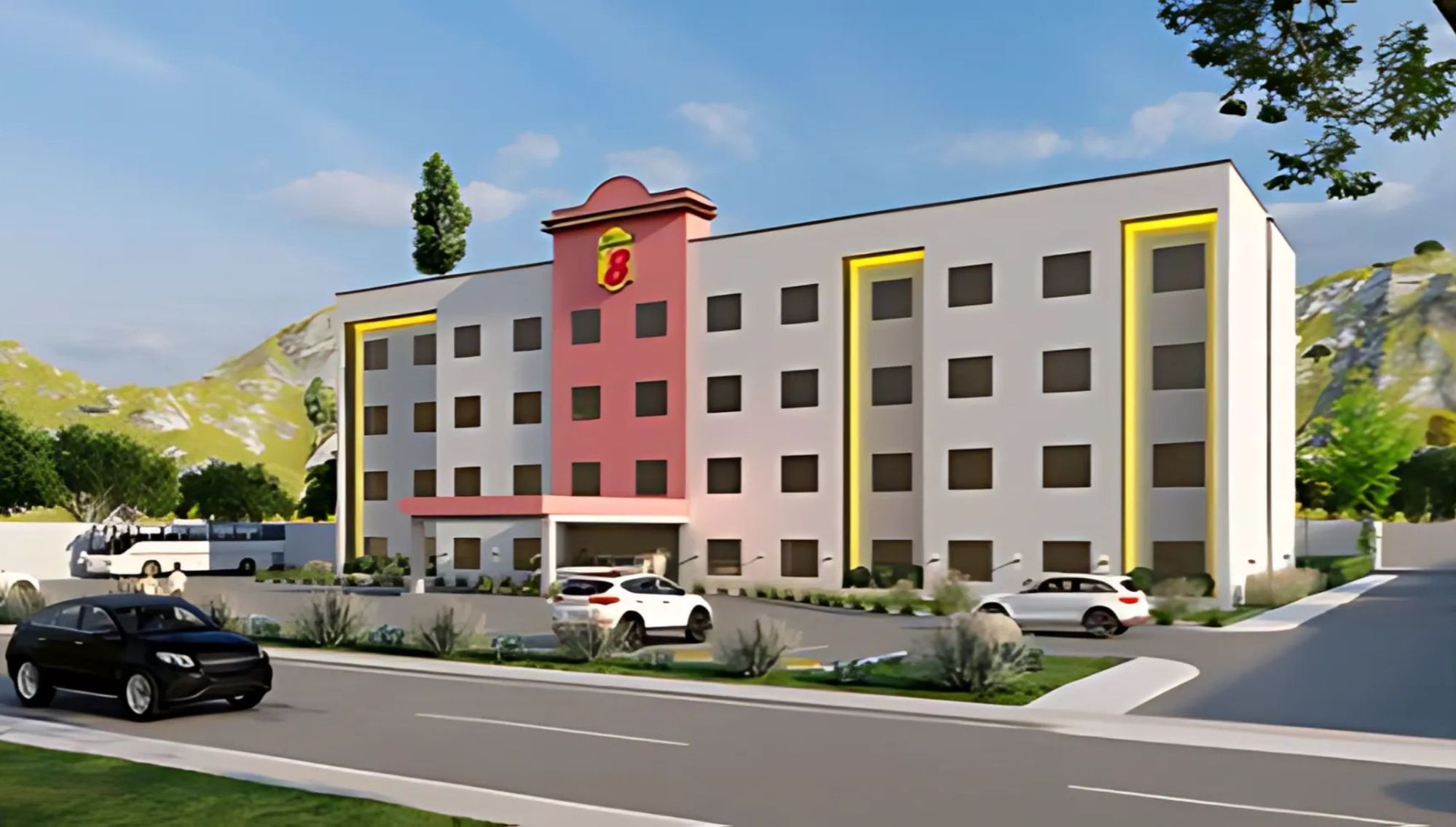

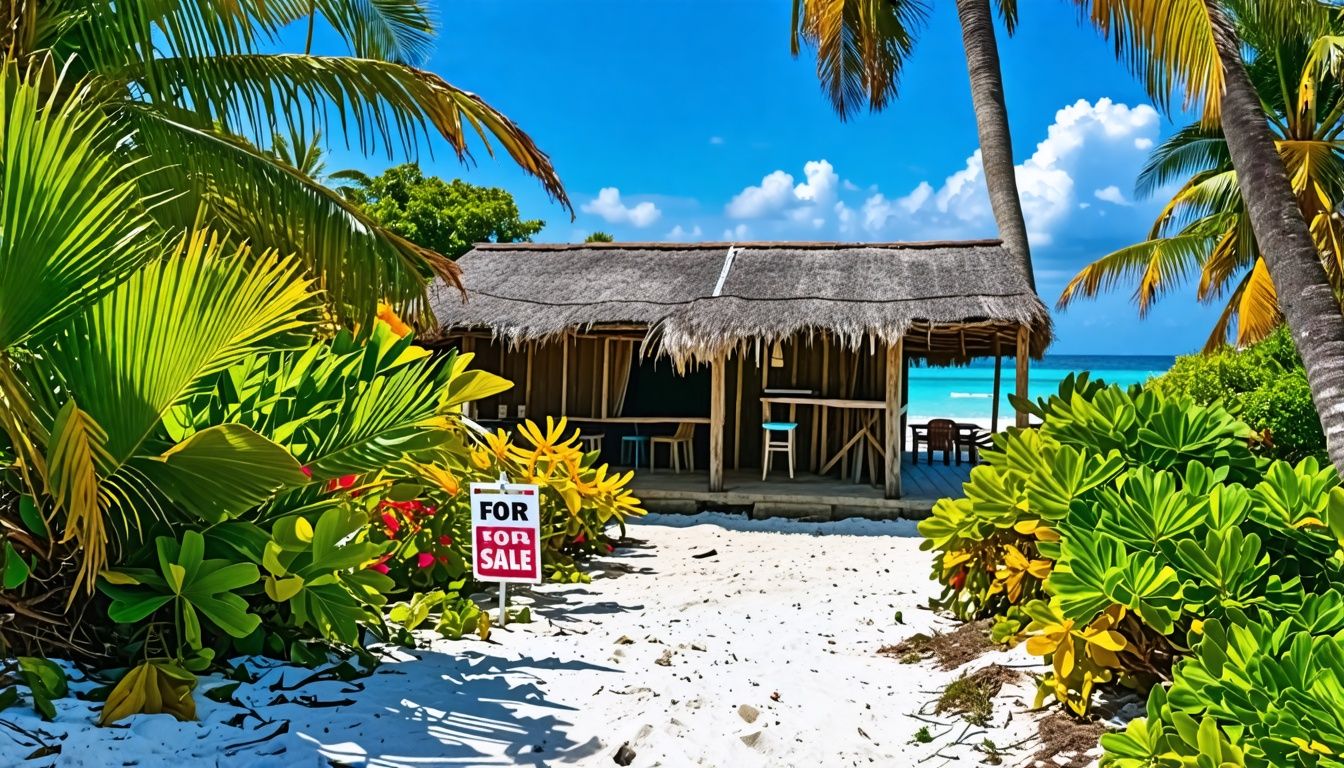


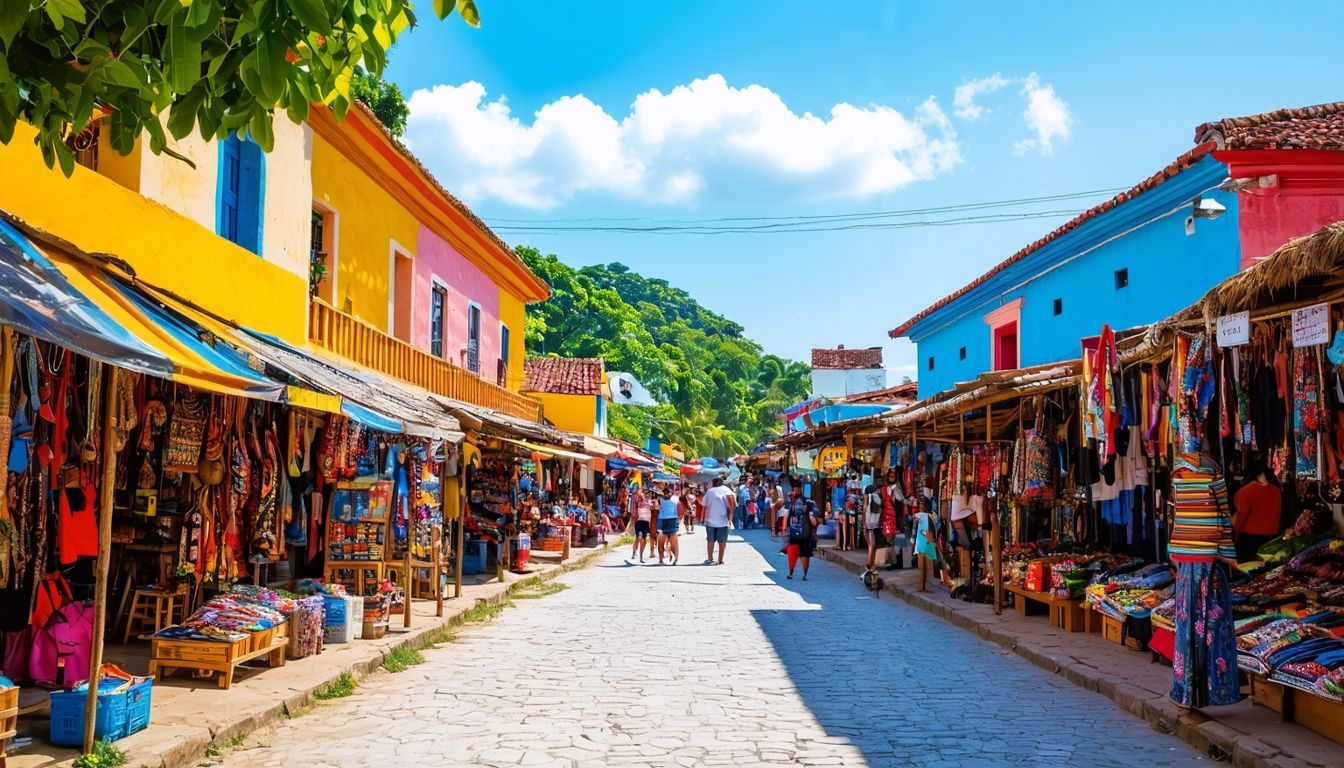
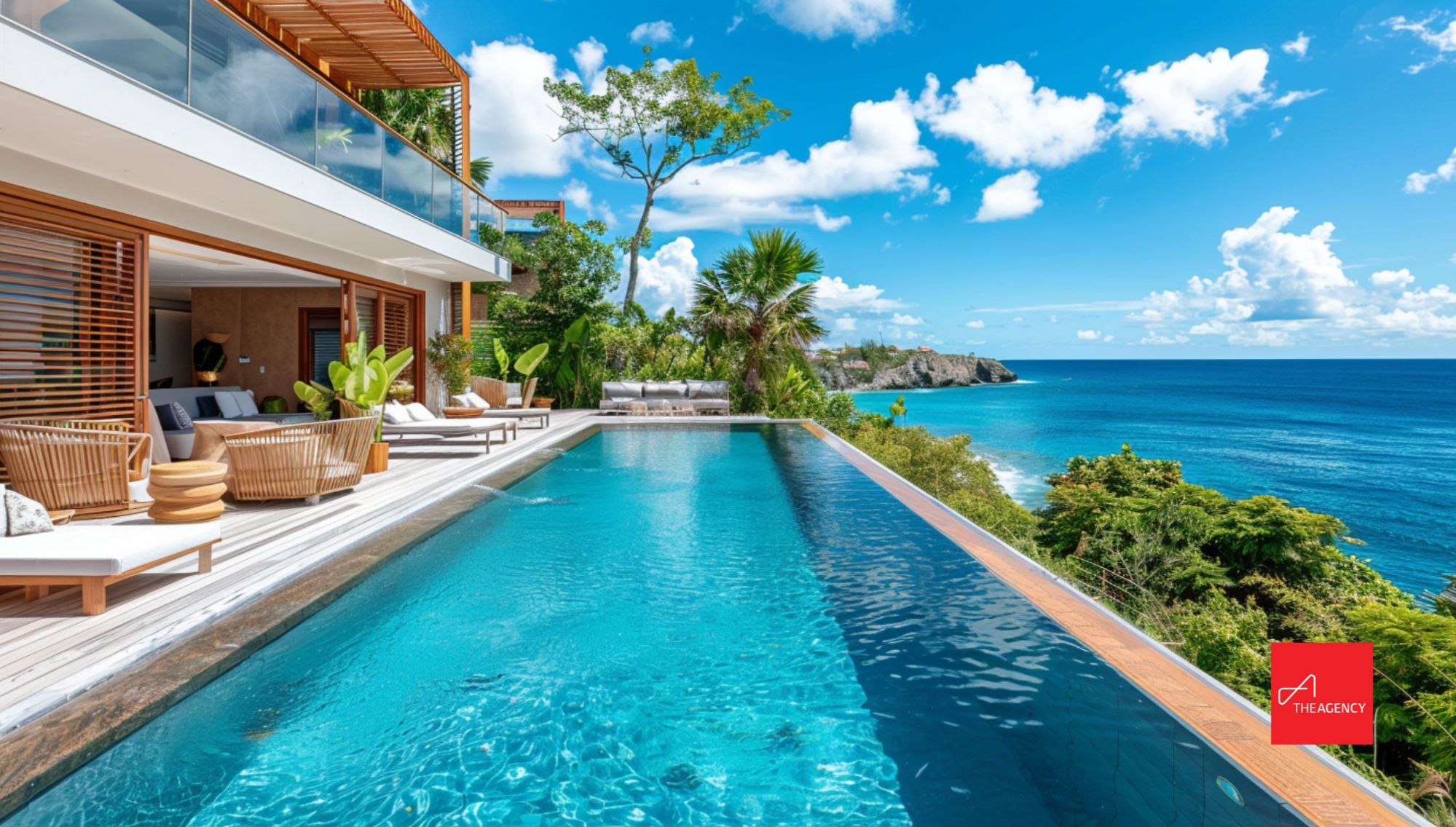
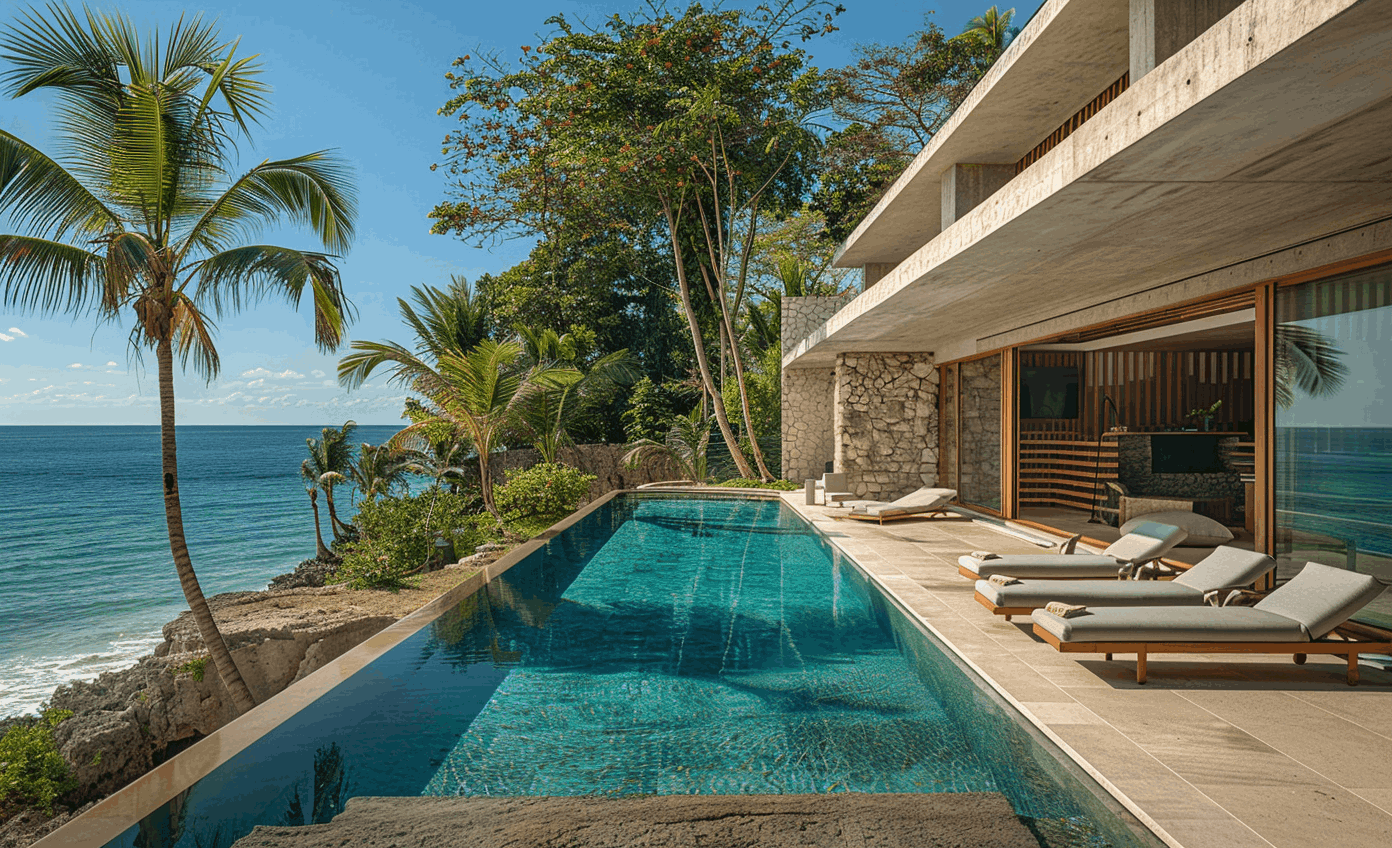

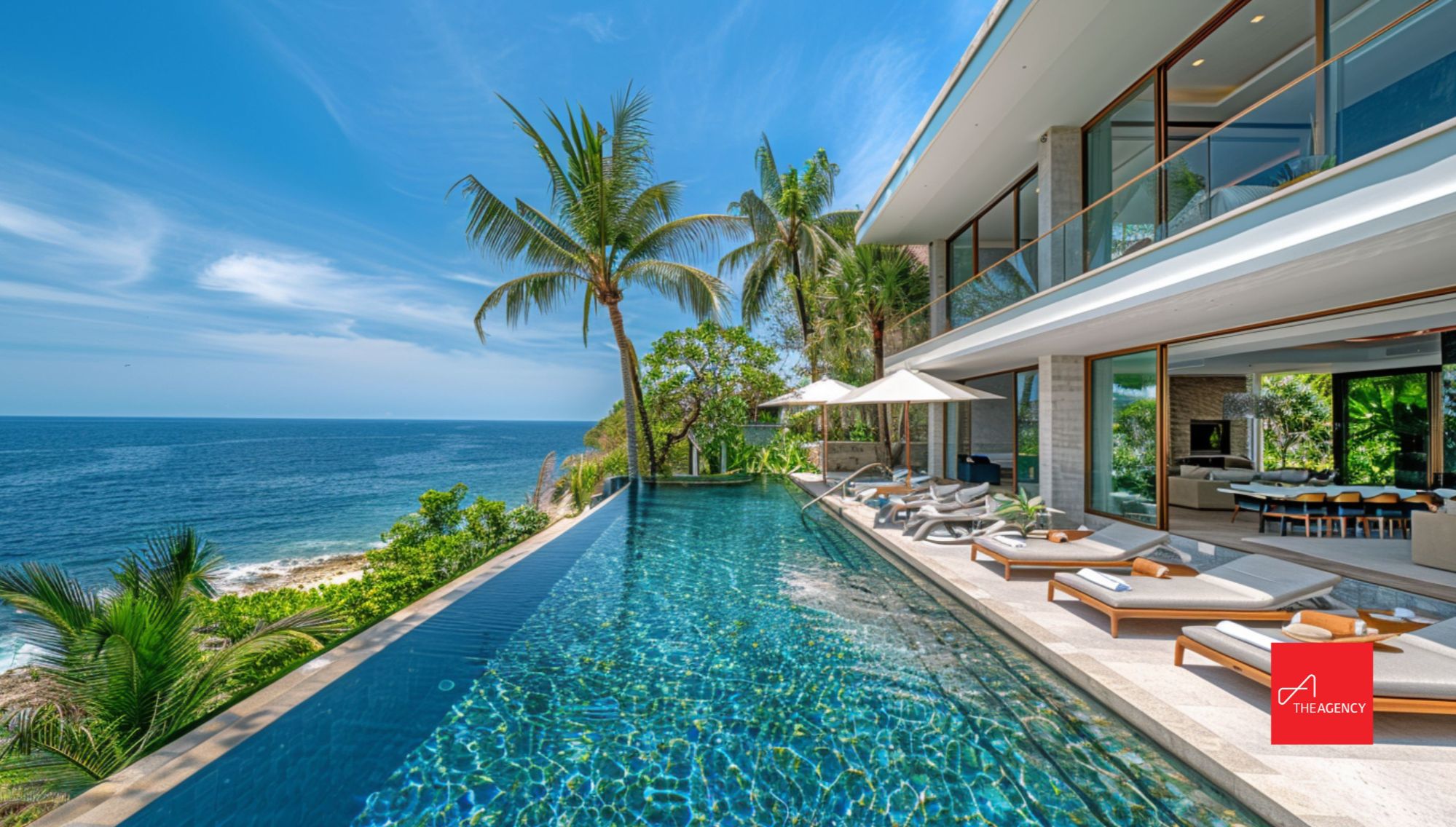
GET MORE INFORMATION NOW

